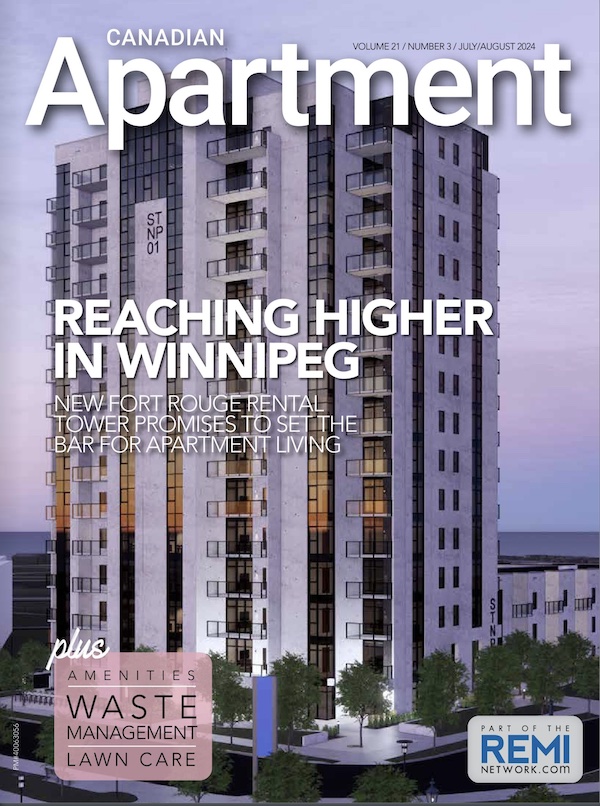With the writ due to drop in Ontario’s provincial election this week, apartment landlords and condo corporations that turn canvassers away from multi-residential buildings risk fines under recently changed rules. Ontario’s Election Act has been updated since the last provincial election to establish administrative penalties starting at $500 for first-time infractions and escalating up to $1,000 and $2,000 for second and third infractions, respectively.
Elections Ontario, the non-partisan office that oversees provincial elections, issued a reminder to apartment landlords and condo corporations that the new rules are now in effect. During the upcoming provincial election, which officially runs from May 9 to June 7, political candidates and their volunteers have the right to canvass door to door and in common areas in multi-residential buildings that have seven or more units.
There are limitations to this right, including when access can occur (9 a.m. to 9 p.m. on weekdays and 9 a.m. to 6 p.m. on weekends); who must be present (a minimum of one adult, 18 or older); and what documentation canvassers must produce on request (valid identification as well as a valid Canvasser Authorization form if they aren’t candidates themselves). There are also exemptions for post-secondary residences, buildings where residents rely on assisted living and buildings where allowing access could jeopardize the emotional or physical well-being of residents.
Section 118 of the Condominium Act has forbidden condo corporations of all types from turning away canvassers for some time, as Michael Clifton, head of Clifton Kok LLP’s condo management law practice, recently pointed out. However, he added, the changes to the Election Act help clarify what reasonable access to these properties looks like.
The administrative penalties laid out in the changes to the Election Act pale in comparison to the fines associated with breaches of the Condominium Act, which max out at $25,000 for individuals and $100,000 for corporations. However, despite reports of political candidates and their volunteers running into difficulties accessing condo properties in the last provincial election, legal commentary at the time suggested violations of Section 118 had not been tested in court.
Whether the administrative penalties established through changes to the Election Act will need to be exercised to enforce the right of candidates and their volunteers to canvass in multi-residential buildings remains to be seen.
“Elections Ontario has taken steps to ensure that owners and condominium associations are aware of this change in law to ensure voluntary compliance,” a media spokesperson for Elections Ontario said via email. “Certainly, we will respond to complaints that allege that access is not being granted. Complainants will find all required information and forms on our website.”
Canvassers who believe they’ve been wrongfully prevented from accessing a multi-residential building must first leave a Notice of Denied Access form at the property. Then, the apartment landlord or condo corporation generally has 24 hours to provide access to the property in question (less if it’s polling day) before the canvasser can proceed to file a Report of Denied Access form with the returning officer. At that point, the returning officer has to determine whether the access requirements apply and either issue an Order of Administrative Penalty or let the canvasser know the property is exempt.








